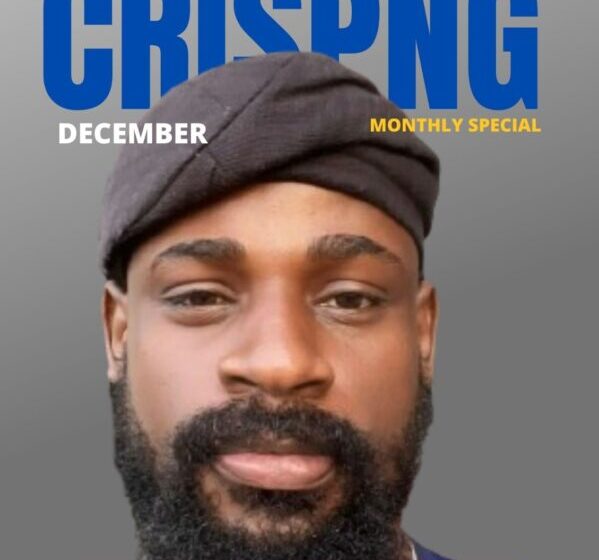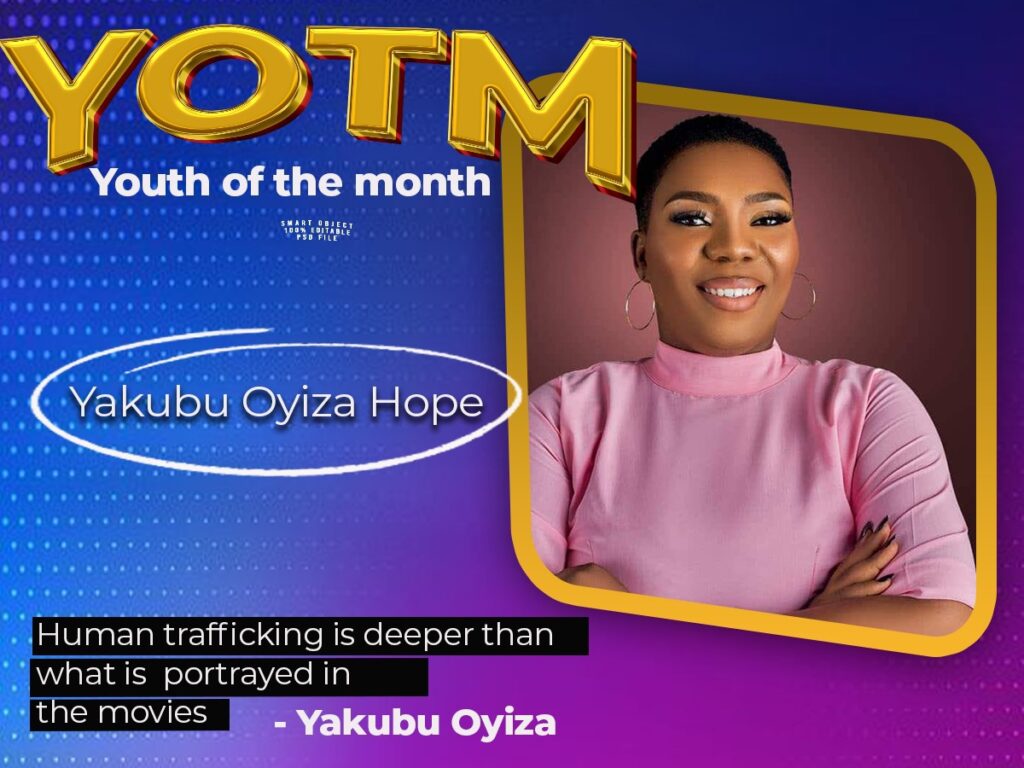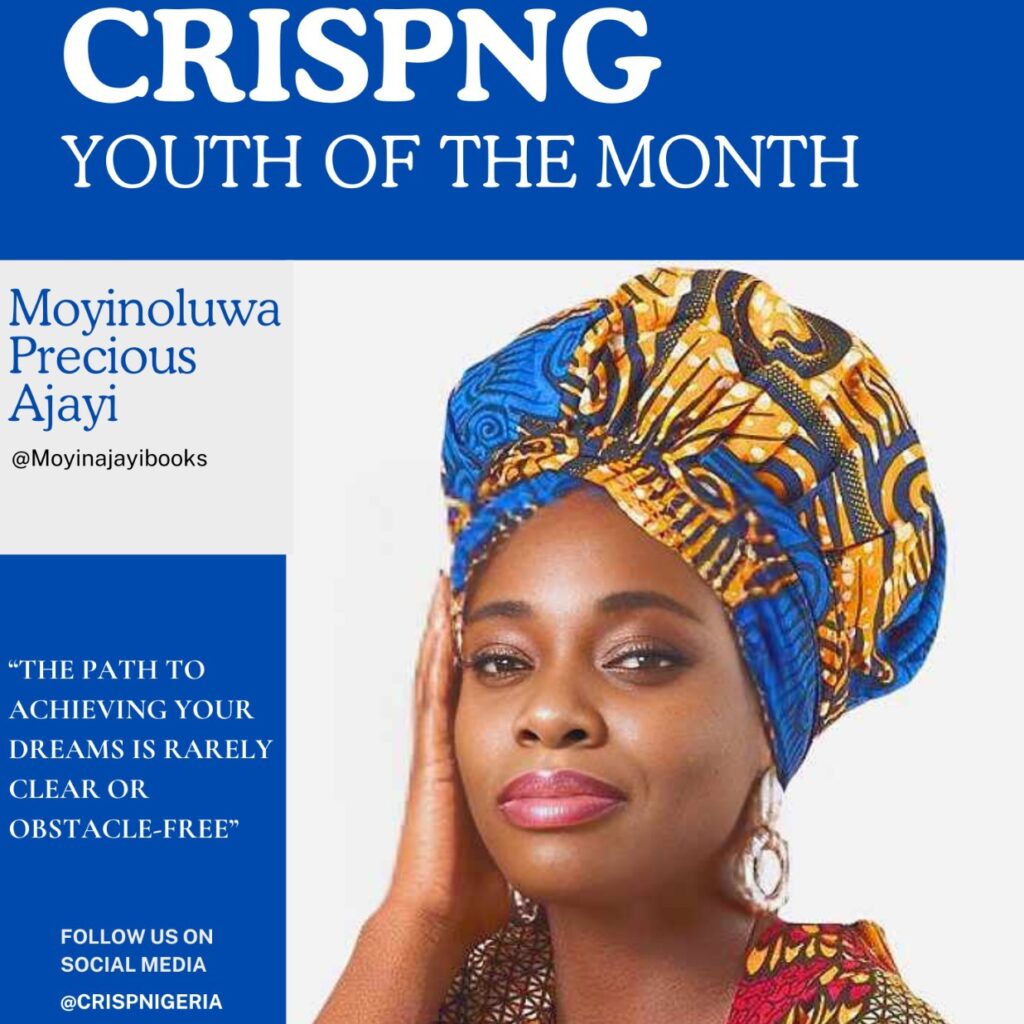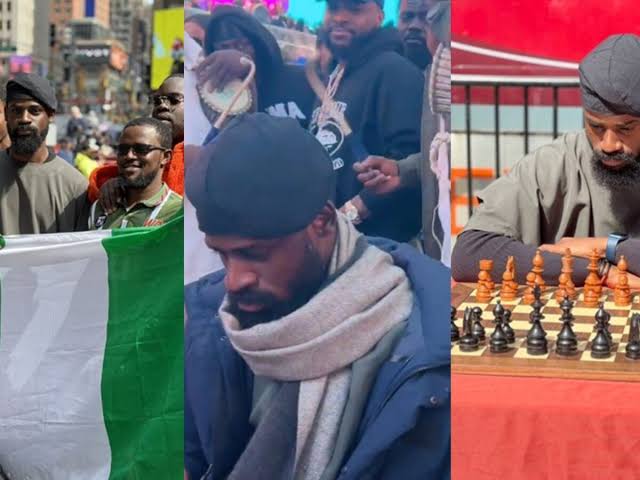Youth of the Year: Tunde Onakoya, the chess king transforming homeless kids into geniuses

Invested in the ‘paying it forward’ mantra, Tunde Onakoya a Nigerian chess master, coach and founder of Chess in Slums Africa has continuously found ways of making young kids benefit from the gift of chess that he received right in a barbershop that transformed the trajectory of his life course.
His goal is to elevate the possible ‘agbero’ lad to a bright kid, excavating their potentials through the game of chess, giving them hope that transcends to a possible future.
Join CrispNG as we dig into the wells of Tunde’s vision, passion, and mission to transform the lives of Fawaz, Ferdinand and other children in the slums of Ikorodu, Oshodi and everywhere else.
The bleak beginning
Born in the slums of Ikorodu, Onakoya speaks of living in poverty while growing up, but describes the poverty more in terms of being unable to see the world beyond his immediate environment.
From poverty to destiny, chess was the propelling factor in his change of story.
He recounts on default how he had to stop schooling for two years after his primary education because there was no fund for that and the sacrifices his mom made to get him back in school, working as a cleaner in a school as payment for his tuition to get him back in school.
The Gift of Chess
Before getting back to school, life handed him a treasure, one that he found in the most unusual places.
Just like the mystic bush baby who carries a mat that can make one wealthy, a young man at the barbershop became that for him unknowingly and Tunde grabbed the mat just through quiet observation. The game of chess it was, that map.
So, from going to watch people gamble via video games every other evening after the day’s apprenticeship as a fridge repairer, he picked up an interest in chess after seeing it for the first time, in his words it “fascinated by the way the pieces were carved”. He begged to be taught but was told “No”, as he was considered too young for it. However, Tunde didn’t relent, the rules he learnt, silently so.
Fast forward to the next academic session, he was fortunate enough to be enrolled in a school that taught chess as part of its curriculum and became good at it.
His Coach and teachers told him that he was gifted and he believed them. With that, he found an identity, ‘an intellectual identity” different from just being a kid who grew up in the slums of Ikorodu.
This identity changed his mindset, from being a not-so-brilliant kid, Tunde became an excellent student and graduated as the head prefect, but his dream of becoming a doctor crashed with his failure to pass the JAMB examination.
He went on to study on scholarship at Yaba College of Technology, ranking as one of Nigeria’s top chess players, he planned to leave the country, but lack of funds crashed that dream.
READ ALSO: CrispNG’s Youth of the Month: Oyiga, the change maker transforming lives of Nigerian kids
From a thought to a movement
Tunde Onakoya decided to become an entrepreneur, he started teaching chess in schools but was making so much and decided to yet again choose a different path.
However, things took a different turn when he visited Ikorodu after some time and saw children who were smoking and apparently out of school and it occurred to him how that could have been his story, how the children knew no better as poverty had chosen a path for them.
On that day and from that encounter Tunde decided to gift them the chess ability, a way of them becoming something more than their background could offer, a way of making people see them for their skills and not their background. A way for them to get an identity and earn the respect of fellow humans.
Jobless Tunde began going to the community every week to teach the children the game of chess. Had to infuse the Yoruba language and the children learnt at an incredible pace and defeated kids from privileged backgrounds in tournaments. Too good to be true, Tunde shed tears.
In Tunde’s words, “Potential is nothing when it’s not realised… and from that day I committed to doing this for the rest of my life, to use chess as a framework to give these children a new to express themselves and perhaps a gateway to other opportunities ”
Dream metamorphosed into reality
And the universe heard, people started paying attention and were reaching out to sponsor the kids’ education even to the university level.
What started from deep thought and soul-searching became Chess in Slums Africa. Which has been running for 4years now
The movement, the impacts
Chess in Slums Africa has organised several interventions for children across slums in Lagos state including Majidun (Ikorodu), Makoko, Oshodi and 2 other slum communities.
In an intervention at Oshodi, he met Fawaz Adeoye and 50 other kids. Fawaz an area boy, who left school at JSS2 after being called a dullard and hustled for eight years at the Oshodi under bridge discovered his genius potential and is now back in school because of the game of chess.
A beautiful story was carved of the life of Ferdinand Maumo a differently-abled child living with cerebral palsy. An intervention in Makoko, the largest floating slum in the world led to his discovery.
Ferdinand who won the chess tournament in Makoko drew the attention of the governor and engaged in a game with him lasting over an hour, after which he a reward of one million naira cash and educational sponsorship.

Just like Fawaz and Ferdinand, many other children have benefited from the initiative.
In four years, over a thousand children have been impacted, with over 250,000 people following the story of the emancipation of kids in slums via chess. 3600+ hours of chess training have been made. 200+ scholarships have been received, 86% of students enrolled in the CIS initiative have remained in school, many have travelled, many have received international scholarships, and have gone for international competitions.
The children also have access to mentorship, and leadership skills like critical thinking, time management, people skills, mental maths skills and vocational skills.
Patrice Evra, a French former professional footballer stepped foot in Nigeria because of this cause, learning to play chess at the academy from children living under a bridge.
In Tunde’s words, “We are teaching kids how to move from a pawn to a queen”, making moves that take them from ordinary to significant.








